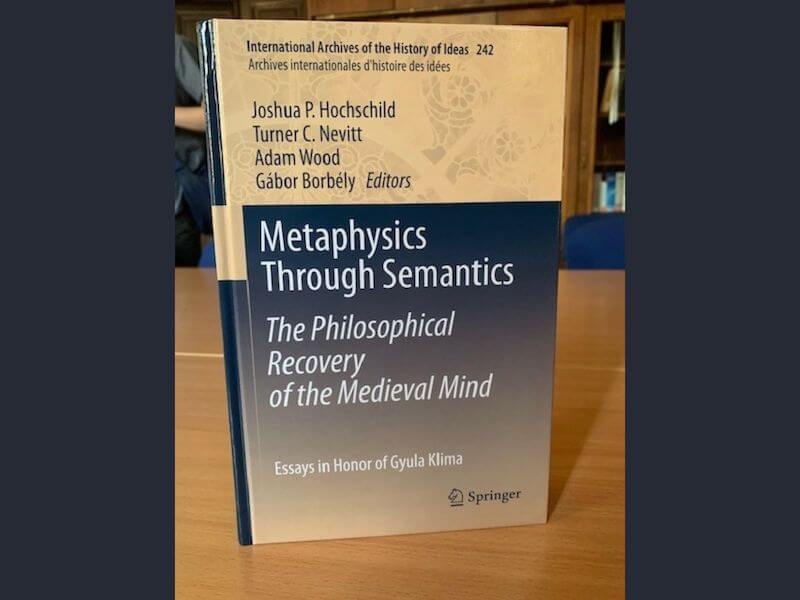
Építő, értelmes vita és hagyománygazdagítás
Klima Gyula, a Magyarságkutató Intézet Eszmetörténeti Kutatóközpontjának igazgatója és a New York-i Fordham University filozófia professzora tiszteletére megjelent tanulmánykötetet mutattak be a napokban az ELTE Filozófia Intézet könyvtárában.
A pozsonyi csatáról csak az eseményhez méltó módon szabad megemlékezni
A Magyarságkutató Intézet állásfoglalása - 2023.07.05.
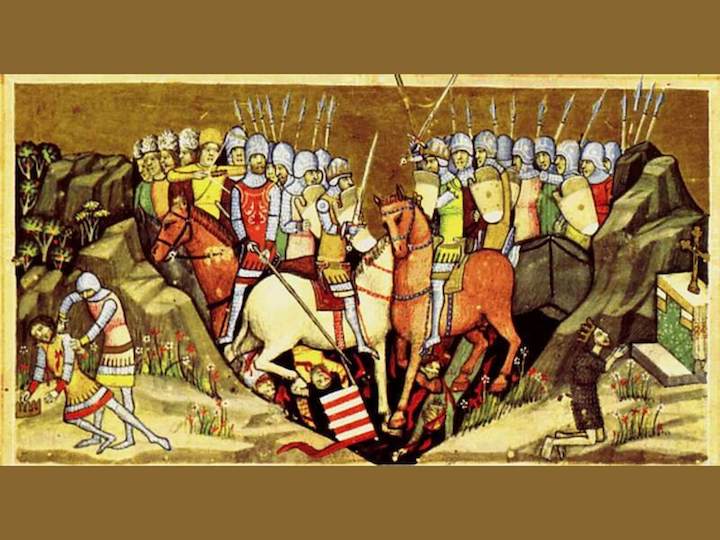

A ménfői csatát 1044. július 5-én vívták
1044 nyarán – történelmünk során először, de nem utoljára – két magyar király nézett szembe egymással a csatasíkon, bár ez a „szembenézés” nem volt szimmetrikus, mivel csak az egyik szereplő cselekedett önállóan, a másik egy őt támogató külső hatalom védőszárnyai alatt.
„Ott az ország nekik adaték” – az „elfeledett” pozsonyi csata
907. július 4-én és 5-én zajlott le a keleti frankok elleni csata Pozsonynál, amely korai hadtörténetünk egyik legfényesebb helytállását hozta. Sajnos erről a győzelemről egyetlen magyar krónikában sem olvashatunk; a közel korabeli kútfők közül csupán két német forrás ír övéik súlyos vereségéről.
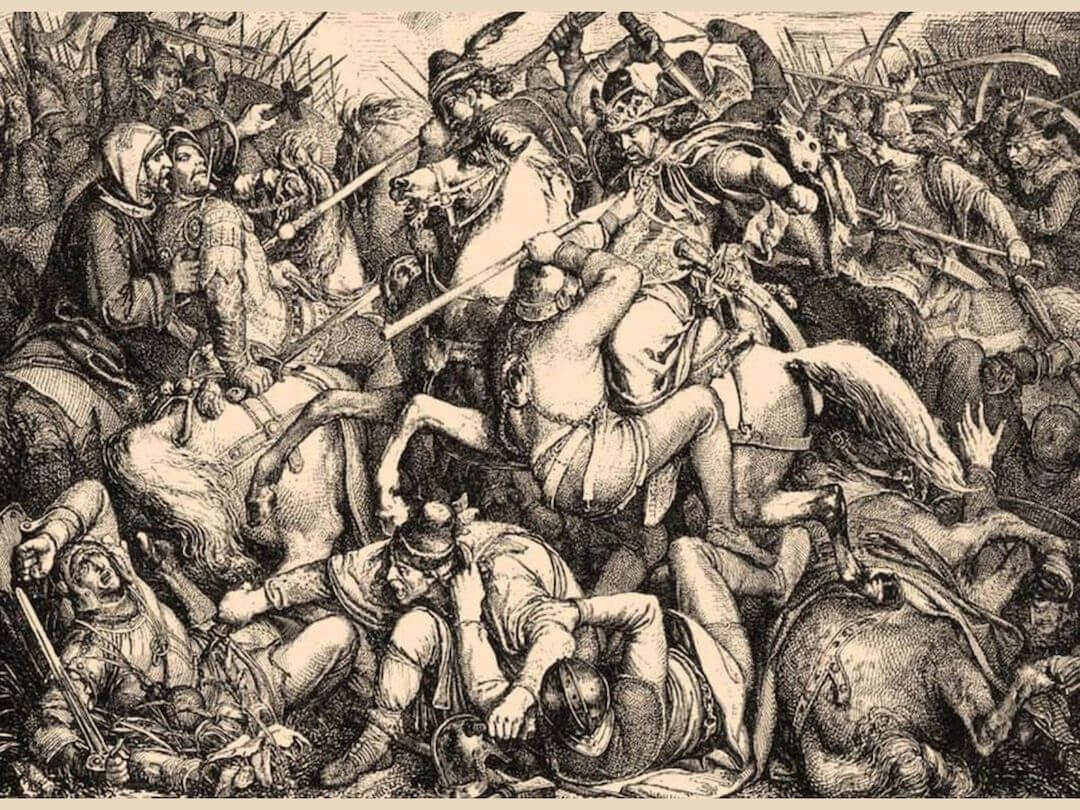
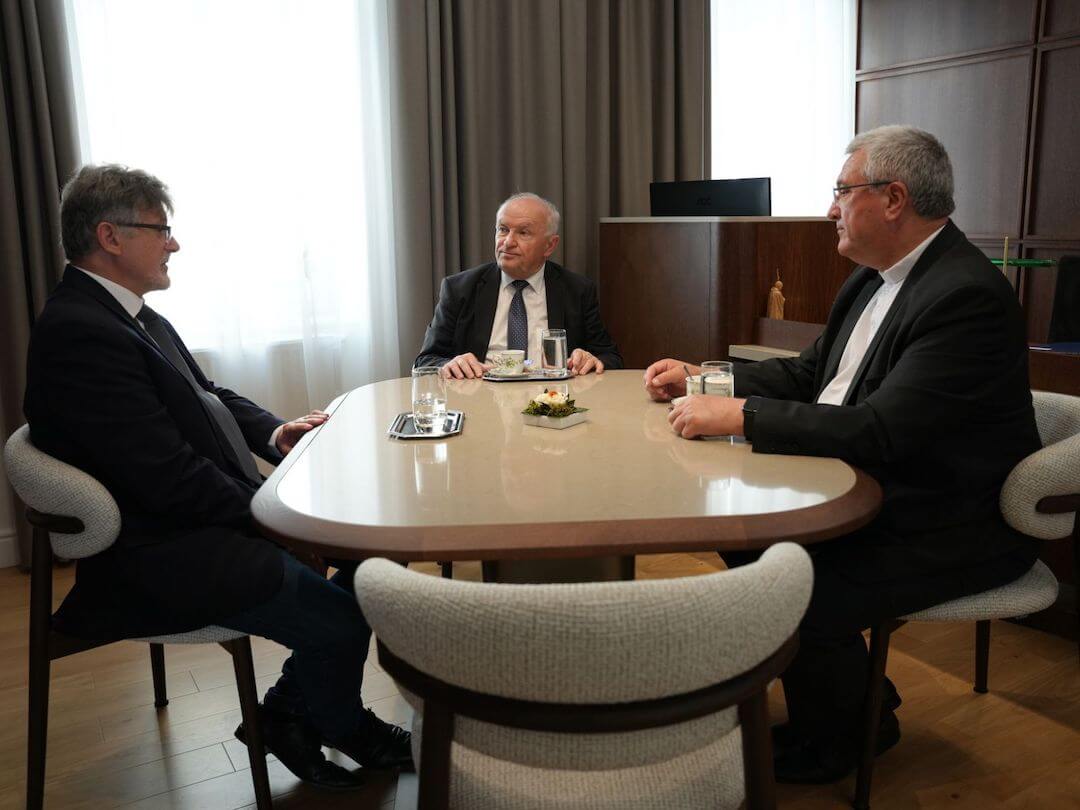
Minden állomás a lovagkirály örökségét idézi
A Szent László-zarándokút volt a fókusza a Magyarságkutató Intézet és a katolikus egyház közötti megbeszélésnek.
„Szent László korának ragyogó államférfija volt”
Prof. Dr. Kásler Miklósnak, a Magyarságkutató Intézet főigazgatójának 2023. június 24-én, a nagyváradi Szent László konferencián elhangzott köszöntő beszéde


„Üdvözlégy kegyelmes Szent László király, Magyarországnak édes oltalma”
Ezzel a címmel 2023. június 24-én második alkalommal tartott tudományos konferenciát a nagyváradi Szent László Napokon a Magyarságkutató Intézet a nagyváradi Magyar Polgári Egyesülettel közös szervezésben.
Az emberi élet feltétlen tisztelete volt Semmelweis egyik motivációja
Semmelweis Ignácra emlékezünk Prof. Dr. Kásler Miklós 2018-ban megfogalmazott méltató gondolataival, amelyek a mai napon is aktuálisak.
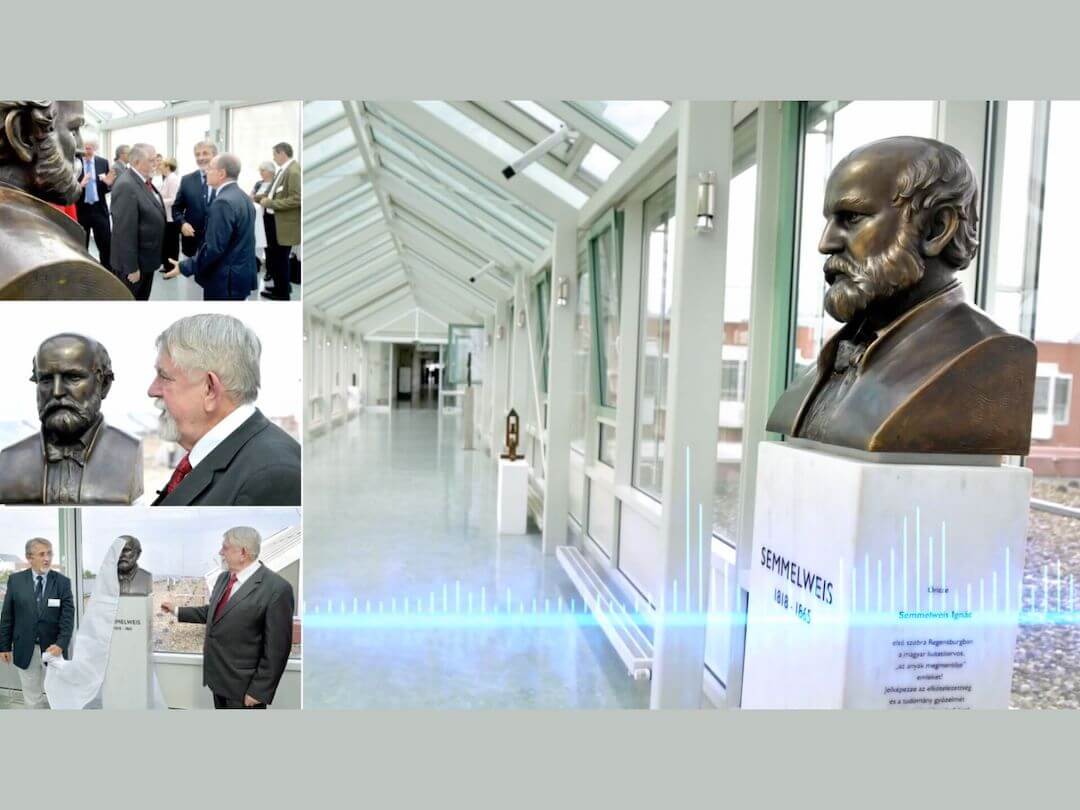

„Nem elég magyarnak lenni, azt érdemes gyakorolni is”
Prof. Dr. Kásler Miklós, a Magyarságkutató Intézet főigazgatója és Kassai Lajos, a modernkori lovasíjászat megteremtője együttműködési megállapodást írt alá a Kassai-völgy lovagtermében. Kassai Lajossal a különleges érzésekkel átszőtt környezetben beszélgettünk.
Értjük az égit, értjük a földit
„Hallom tizenegynéhány éve, hogy merjünk kicsik lenni. Nem lehetséges, mert a történelmünkben egy olyan mozzanat sem volt, amikor kicsik voltunk” – mondta Prof. Dr. Kásler Miklós, a Magyarságkutató Intézet főigazgatója a Pesti Tv Polbeat című közéleti műsorának vendégeként.
